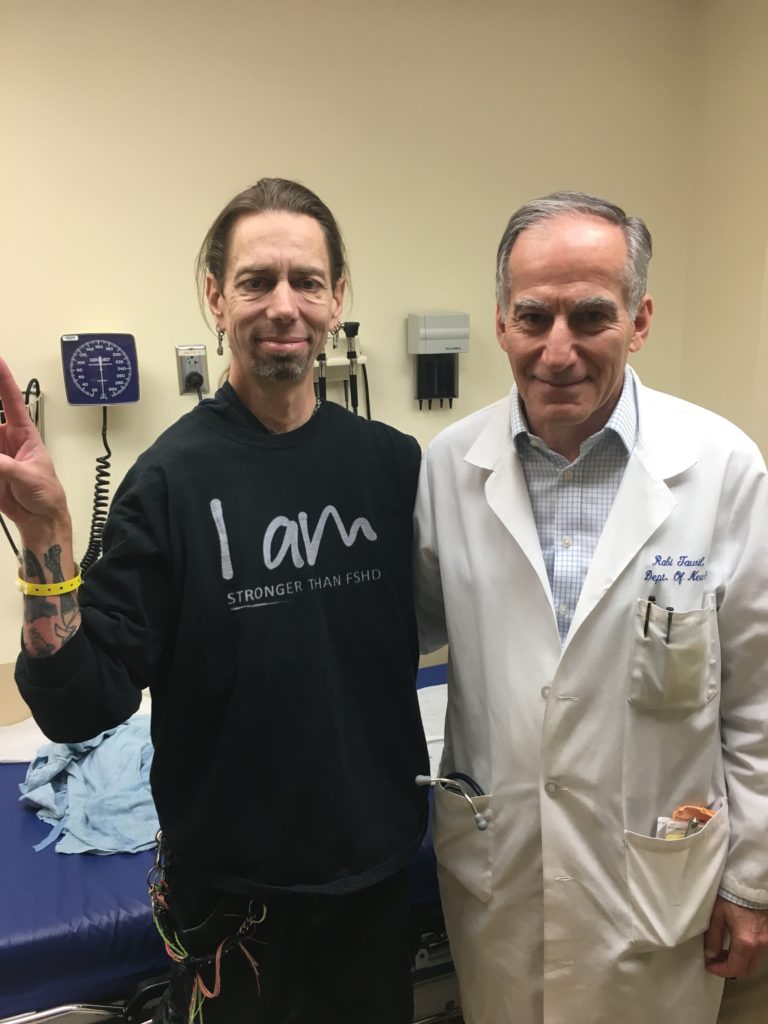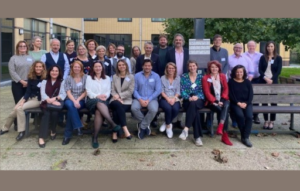
To crack the code of FSHD, patients are absolutely essential
All of the breakthroughs—the discovery of the genetic causes, understanding why some patients vary so greatly in the severity of their symptoms, teasing out the biochemical pathways that could point to future treatments—were made because patients stepped up to the plate.
Too often, we hear patients say they’ll volunteer when there’s a treatment. But we will never get to a treatment unless patients participate in fundamental research now. FSHD is uniquely human, so no laboratory mouse can ever fully model the disease. The genetic “package” that causes FSHD is found only in people. We owe an enormous debt to the patients who give DNA samples. Who submit to long interviews and exhausting physical tests. Allow a surgeon to cut out a small muscle sample. Who fight claustrophobia to lie in the narrow bore of an MRI machine.
Equally important are patients’ family members, both affected and unaffected, who provide the best experimental controls because of their shared genetic and environmental backgrounds. A parent or sibling who has very mild symptoms may hold the key to understanding the factors that protect against the full-blown development of FSHD symptoms in a more severely affected family member.
We are more hopeful today than ever before that a treatment is within sight. We cannot guarantee when that treatment will arrive, but here’s one thing we guarantee: If you volunteer for research, your participation will without question help move us a step closer to that day.
Scientific Overview of FSHD
Read the latest on wikipedia
Glossary of Scientific Terms
The fate of the Fulcrum Phase 3 data
This invaluable data is coming to the FSHD Society by Lucienne Ronco, PhD, FSHD Society When a clinical trial fails, what happens to the data? It may include hundreds of… Read More »
European Neuromuscular Centre Conference on Pediatric FSHD
by Ally Roets, Tucson, Arizona I was honored to attend the Pediatric FSHD European Neuromuscular Centre (ENMC) conference in Amsterdam, Netherlands, this past October. I was invited as a parent… Read More »
Big pharmas show growing interest in FSHD
By June Kinoshita, FSHD Society The pharmaceutical industry is showing a growing interest in developing therapies for facioscapulohumeral muscular dystrophy (FSHD), a rare genetic disorder affecting an estimated one million… Read More »
A personal mission to advance research
Amanda Hill, a Colorado native, lives with her husband, Justin, and their two dogs in the Denver area. Together, they share a love for travel, great food, and discovering new… Read More »






